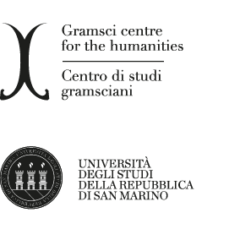By Jeffrey Schnapp.
(Saturday, March 16, 2024, 5 p.m., Sala del Maggior Consiglio, Palazzo Ducale, Genoa)
The talk focuses on the theme of freedom not so much with respect to the content of books as to the book as an evolving material container. In nearly six centuries of history, the book has proven to be a powerful laboratory for the fusion and dissemination of data and meaning. In the context of the digital revolution and the development of powerful generative artificial intelligence tools that are already profoundly changing current models of textual production and reproduction, such a laboratory will continue to play a central role within our communication ecosystem. Continue reading “Book and Freedom: Changing Codes. The book between page and pixel”






